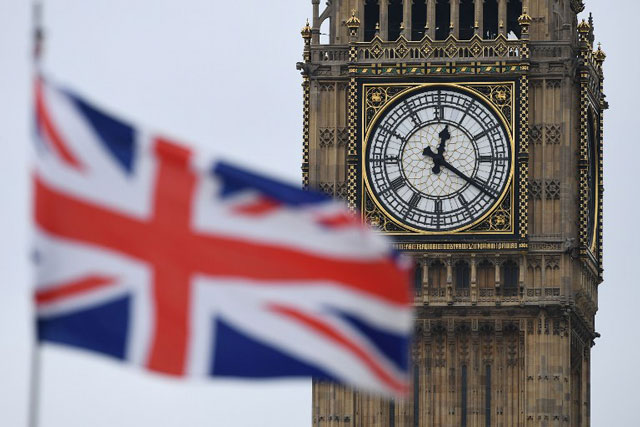
The virtuousness of progressive politics, often accompanied by privilege, can be hard to tolerate
Project Syndicate | IAN BURUNA | A common explanation for the rise of right-wing demagogues around the world is that many people feel “left behind” by globalism, technology, deindustrialisation, pan-national institutions, and so on. They feel abandoned by the “liberal elites,” and so they vote for extremists who promise to “take back” their countries and “make them great” again.
This account is plausible in seedy parts of eastern Germany, the bleak old mining towns in the north of Britain, or the Rust Belt in the American Midwest. But it leaves out the large number of populist voters who are relatively prosperous. These people are often past middle age, and overwhelmingly white. They, too, might feel left behind by changes that bewilder them: the rise of non-Western powers and the increasing prominence of non-white minorities; hence the loathing of U.S. President Barack Obama and the receptiveness to myths – spread by Trump, among others – that Obama wasn’t really born in the US.
Harder to explain is the extraordinary success of a new far-right party in the Netherlands. The Forum voor Democratie (FvD) didn’t even exist three years ago, but it gained some 15% of the vote in recent provincial elections, making it one of the largest factions in the upper house. Polls suggest that it could soon become the largest party in the country.
Compared to most places, even in Western Europe, the Netherlands is exceedingly wealthy and, for the most part, quite calm and peaceful. Some people who voted for the FvD might feel relatively left behind, but many are as comfortable as the highly educated, urbane party leader, Thierry Baudet. Neither he, nor many of his most vocal followers are disgruntled provincials. Many resemble what Americans call typical frat boys, members of student fraternities who celebrate the privileges of wealth and status.
But Baudet is a type of politician more often seen in Europe than in the U.S: a right-wing dandy, dressed in the foppish manner of a vintage car dealer. His thinking leans heavily on early-twentieth-century ideologues, who worried about the decadence of Western civilization, which in their view could be saved only by authoritarian leadership. Like Mussolini, Baudet believes in “direct democracy,” where the voice of the people is expressed in referendums.
In his view, immigrants, especially Muslims, dilute the purity of native populations and undermine Western cultures with their alien ways. He thinks that European civilization is equally threatened by “cultural Marxists,” who should be purged from schools and national institutions. Baudet wishes to safeguard the national identity by pulling the Netherlands out of the European Union. And, like Trump, whom he admires, Baudet thinks that climate change is a hoax.
 The Independent Uganda: You get the Truth we Pay the Price
The Independent Uganda: You get the Truth we Pay the Price





